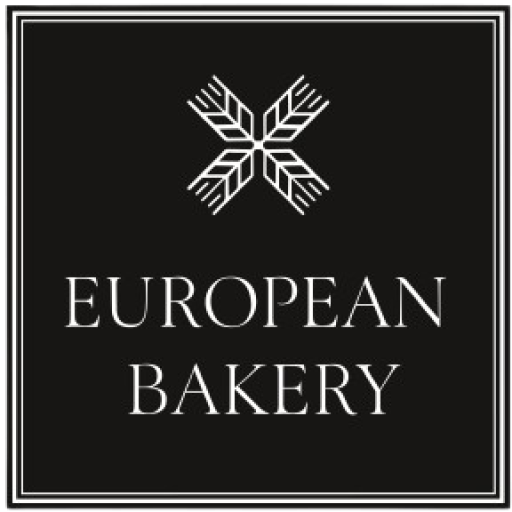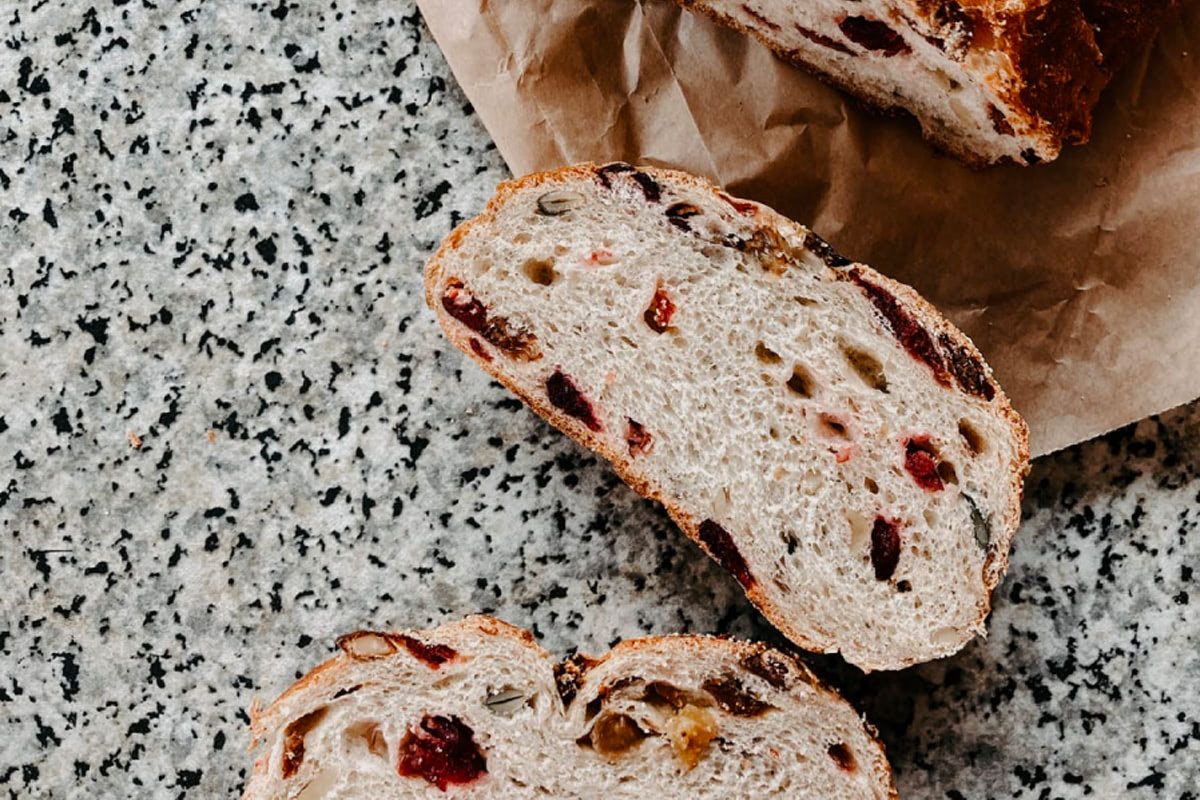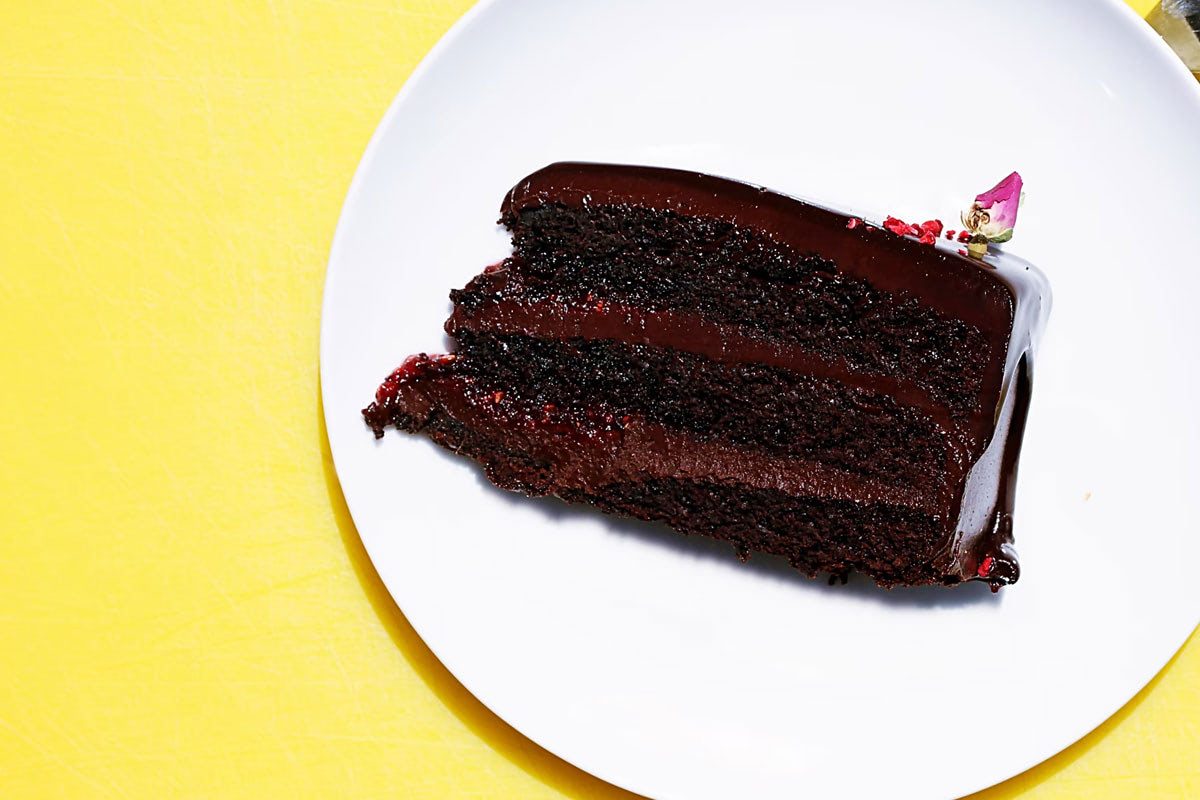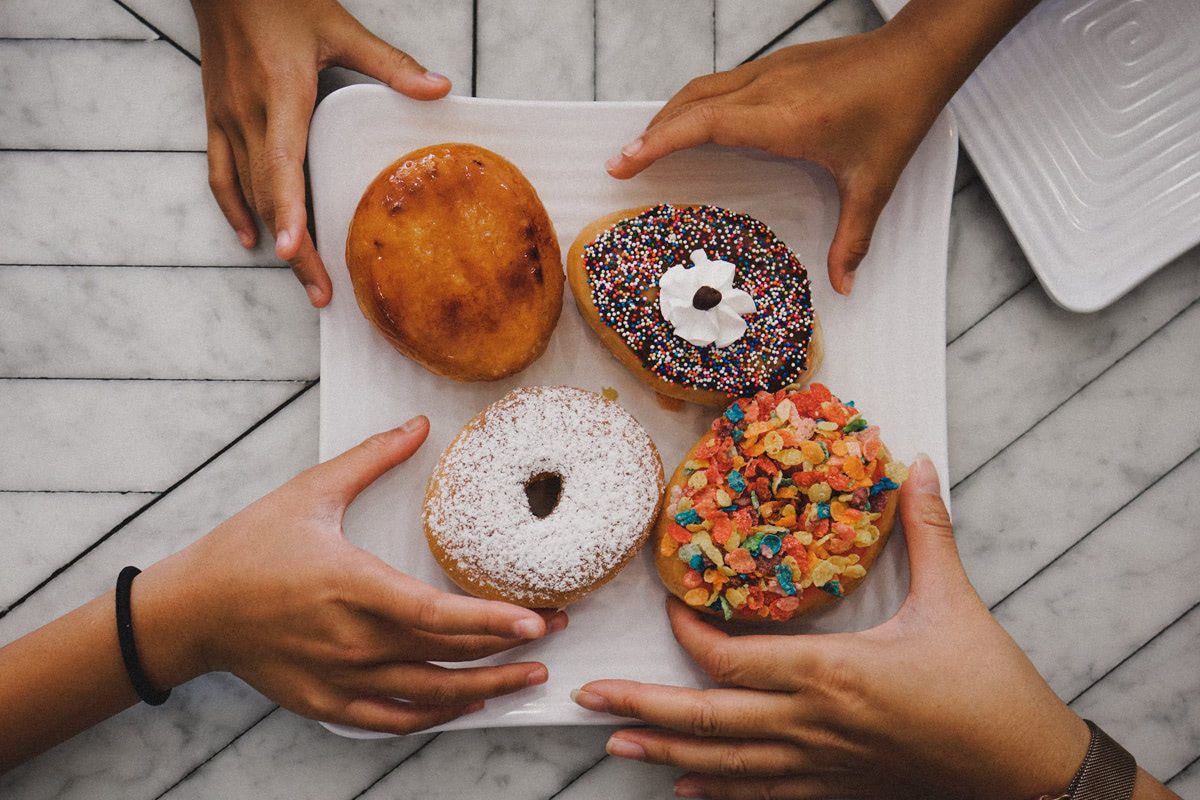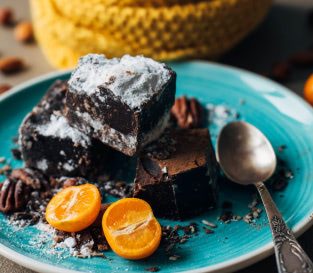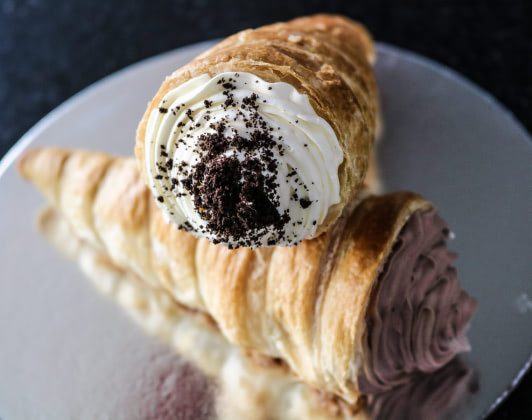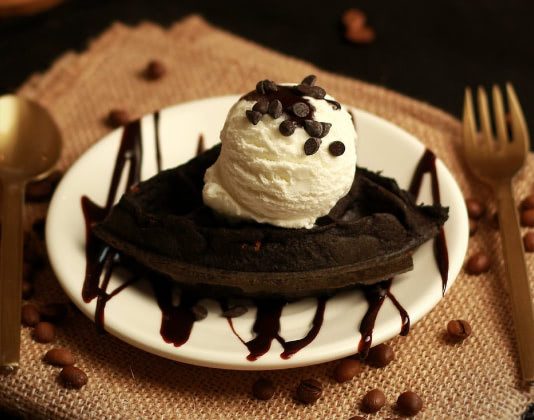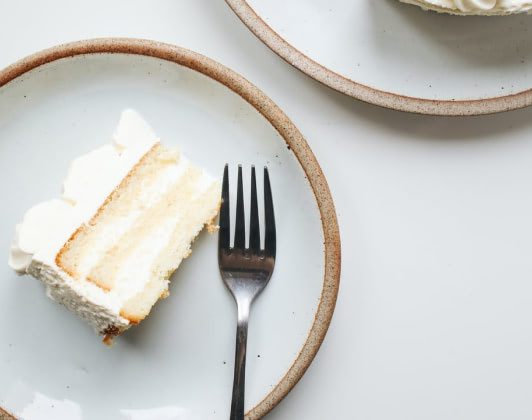Introduction
Baking is a culinary art form that has been practiced for centuries, with its roots stretching back to ancient civilizations. From the traditional act of kneading dough to the modern techniques used today, baking has evolved and left a lasting impact on cultures around the world. In this article, we will delve into the rich history of baking and explore how it has shaped various aspects of our society.
The Origins of Baking
The origins of baking can be traced back to ancient Egypt, where the earliest evidence of bread-making was discovered. Egyptians used a simple mixture of flour, water, and yeast to create their bread, which was often baked in communal ovens. As the practice of baking spread to other civilizations, various ingredients and techniques were introduced, resulting in an array of unique breads and pastries.
Baking as a Symbol of Cultural Identity
Baking plays a significant role in defining the cultural identity of a community or a nation. Each country has its own traditional baked goods that are deeply ingrained in its history and heritage. For example, France is renowned for its flaky croissants and baguettes, while Italy is famous for its crusty pizzas and delicate pastries. These culinary creations not only showcase the skills of the bakers but also reflect the distinct flavors and preferences of the respective cultures.
Baking as a Ritual
Throughout history, baking has been associated with religious and cultural rituals. In many societies, bread holds a sacred significance and is utilized in various ceremonies and celebrations. In Christianity, the sacramental act of bread-baking is central to the Eucharist, where unleavened bread is consecrated and shared amongst the congregation. Similarly, during holidays like Easter and Christmas, traditional baked goods are prepared as a symbol of abundance and community.
The Evolution of Baking Techniques
Over time, baking techniques have evolved significantly, giving rise to new culinary possibilities. The introduction of leavening agents, such as yeast and baking soda, revolutionized the baking process by allowing dough to rise and creating lighter and fluffier breads. In addition, advancements in technology, such as the invention of the modern oven, have made baking more accessible and efficient. These innovations have not only improved the quality of baked goods but also paved the way for experimentation and creativity in the kitchen.
Baking as a Form of Artistic Expression
Baking is not just a mundane task; it is a form of artistic expression. Bakers around the world use their creativity to craft visually stunning and delectable treats. From intricately designed wedding cakes to exquisitely decorated cookies, baking allows individuals to showcase their artistic abilities and bring joy to others through their edible creations. The artistry of baking is not limited to professionals but is also embraced by home bakers who experiment with flavors, colors, and textures to create unique and personalized treats.
Baking as a Means of Social Connection
Baking has the power to bring people together and foster social connections. Whether it’s a family gathering, a neighborhood bake sale, or a baking class, the act of baking encourages collaboration and interaction. It provides an opportunity for people to bond over shared experiences, exchange recipes, and pass down cherished traditions from one generation to the next. Baking, in essence, serves as a catalyst for creating lasting relationships and building a sense of community.
Conclusion
The history of baking is a testament to the ingenuity and creativity of human civilization. It has transcended cultural boundaries and left an indelible mark on societies across the globe. From its humble origins to its current status as a cherished culinary art, baking continues to evolve and shape our culture. So, the next time you savor a freshly baked loaf of bread or indulge in a decadent pastry, remember the rich history and cultural significance that lies behind that simple pleasure.
Recent Comments
Archives
Categories
Popular posts
Things you should know about cakes.
A Year of Change in the Culinary Industry:
The History of Baking and Its Impact on Culture
Archives
Tags

Copyright © 2023 European Bakery – All Rights Reserved.

